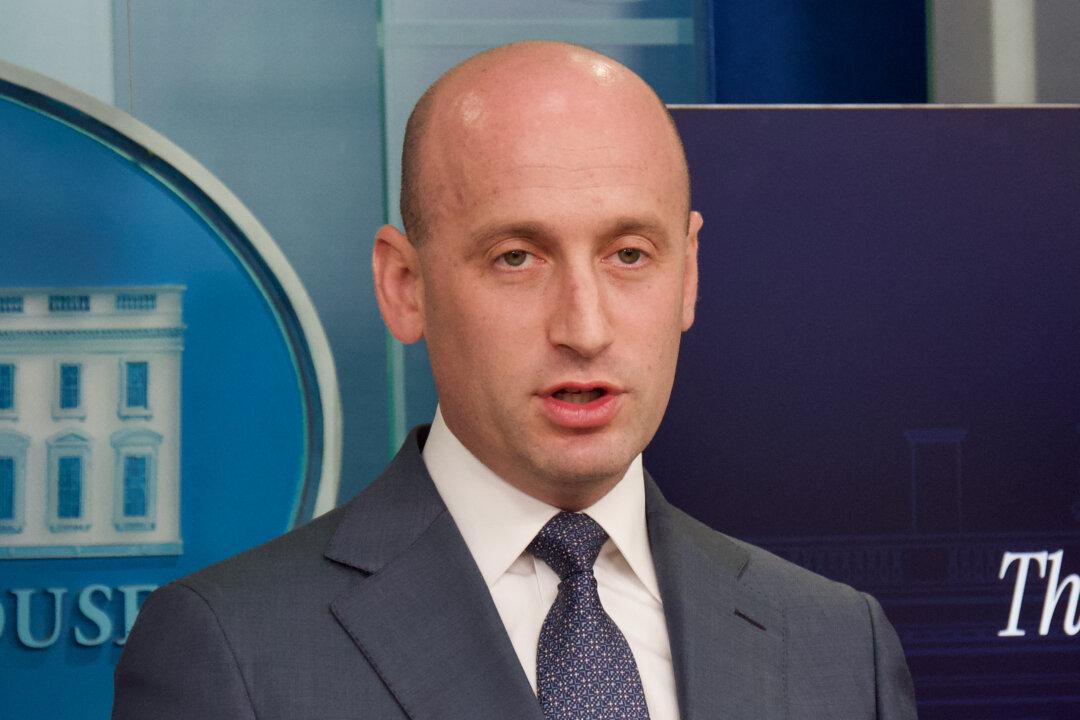White House official Stephen Miller says U.S. President Donald Trump has helped to secure a new trade and defence relationship with Canada, following the first meeting between Trump and Prime Minister Mark Carney.
“President Trump has opened up a completely new relationship with Canada because of his strength and because of his diplomacy,” Miller said during an interview with Fox News on May 7.





